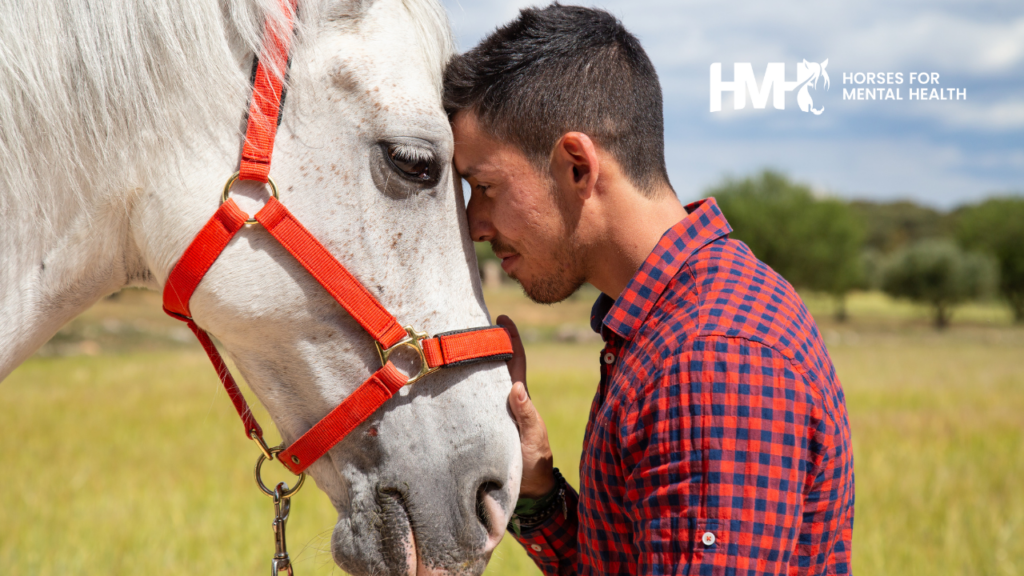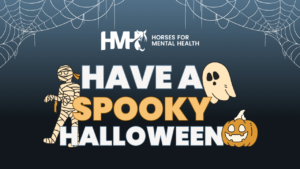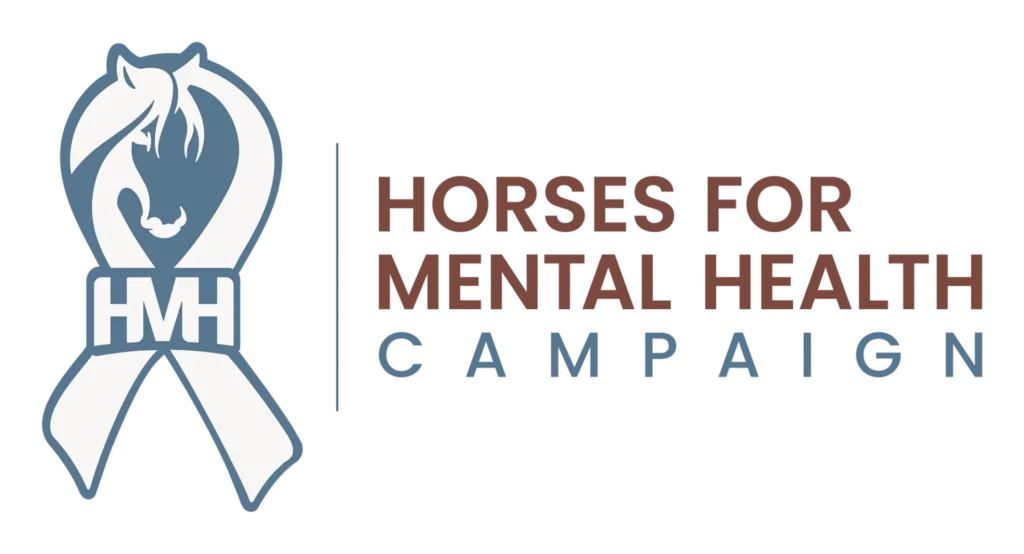Healing in the Arena: Matt’s Journey from Despair to Hope with the Help of a Horse
Matt was just 16 years old when his life took a tragic turn. A typical teenage boy, tall and lanky, he was full of life—always making friends, loving the outdoors, and bringing laughter to those around him. To celebrate getting his driver’s license and his ‘new’ 1995 Volkswagen, Matt and his friends, brimming with excitement, drove around for over an hour, talking about girls and quoting funny movies. They were so absorbed in their joy that none of them saw the other car as they drifted into oncoming traffic.
The accident claimed the lives of all three of Matt’s friends and the driver of the other car. Matt walked away with physical injuries, but the emotional scars ran deep as he remembered every detail.
Crushed by survivor’s guilt, PTSD, depression, and anxiety, Matt’s once-vibrant spirit faded. His parents, desperate to save him, enrolled him in intense talk therapy, hoping it would help him navigate the overwhelming darkness and suicidal thoughts. But Matt couldn’t bring himself to talk about the accident, blaming himself entirely. Each day, his despair grew, and his family feared they were losing him for good.
Then, Matt’s parents discovered the Equine Partnership Program, a mental health organization that incorporated horses into psychotherapy. When Matt first arrived, he was withdrawn and silent, one of the most suicidal clients the organization had ever worked with. But something about working with his equine partner, Jubee, began to reach him. Jubee, a patient and kind horse, had a special ability to connect with those who needed to learn to trust again, and Matt was no exception.

Jubee, Equine Partnership Program
Week by week, Matt began to change. As he learned to communicate with Jubee, he also began to soften around the edges. The breakthrough came during a lunging session, where Matt was learning to guide Jubee using voice commands and body language. Left alone to try it on his own, Jubee suddenly bolted, dragging Matt across the arena as he clung to the lunge line, refusing to let go.
When Jubee finally stopped, Matt sat at the far end of the arena, looking down at his hands. He was quiet for a long time before finally speaking: “I guess I really need to learn how to let go.”
Those words marked a pivotal moment in Matt’s emotional journey. They signaled the beginning of his healing process—not just a reflection on the lunge line, but a realization that would help him confront and release the guilt and pain he had been carrying.
Over the next eight months, Matt continued working with Jubee, forming a deep bond that helped him release his emotional burdens. By the time he reached his therapy goals, Matt was ready to face the future with renewed hope. He graduated high school, started college, and today, he volunteers at a horse rescue, finding peace and joy in the company of his “new best friends.”
Special thanks to Equine Partnership Program for sharing Matt’s incredible story.
Understanding Suicide
This World Suicide Prevention Day, let’s remember that hope and healing can come from the most unexpected places—even in the quiet, understanding presence of a horse.
Suicide is a complex issue that affects individuals from all walks of life. It’s a silent epidemic that often leaves behind a trail of devastation and unanswered questions.
As we mark Suicide Prevention Month, it’s important to shed light on this pressing issue, break down the stigma surrounding it, and understand the warning signs. It’s not an easy topic to talk about but it is an important one to prevent and potentially save someone’s life.
In the US alone, the numbers are startling:
- In 2022, over 49,000 people died by suicide.*
- Approximately 46% of people who die by suicide had a known mental health condition.*
- Depression, anxiety, substance abuse, and bipolar disorder are among the most common mental health conditions linked to suicide.
*The National Alliance on Mental Illness
*National Institute of Mental Health
Many who suffer from mental health conditions such as depression, anxiety, bipolar disorder, or schizophrenia may feel overwhelmed by their symptoms, leading to feelings of hopelessness and despair. When these feelings persist, some individuals may begin to view suicide as the only escape from their pain. The reality is that mental illness can distort one’s perception, making it difficult to see beyond the immediate distress.
Research shows that the majority of individuals who die by suicide have a diagnosable mental health condition. These conditions can create a sense of isolation and contribute to the belief that things will never improve. Depression, in particular, is strongly linked to suicidal thoughts and behaviors. It can cause deep feelings of worthlessness, guilt, and hopelessness, which, if left untreated, can lead a person to contemplate or attempt suicide.
Recognizing the signs of suicidal thoughts or behaviors is crucial in preventing these tragedies. Warning signs may include:
- talking about wanting to die or kill oneself
- expressing feelings of hopelessness or having no reason to live
- withdrawing from friends, family, and activities
- exhibiting extreme mood swings
- reckless behavior like driving faster or taking risks
- increased use of alcohol or drugs
- drastic changes in sleep patterns
It’s important to remember that these signs are not always overt; sometimes, they may manifest as subtle changes in behavior or mood. Early intervention and treatment can significantly reduce the risk of suicidal thoughts and behaviors.
Resources and Support
If you or someone you know is experiencing these symptoms, it’s essential to seek help immediately.
Mental illness is treatable, and there are resources available to provide support and intervention. Reaching out to a mental health professional, confiding in a trusted friend or family member, or contacting a crisis helpline can make a life-saving difference.
By increasing awareness and understanding of the connection between mental illness and suicide, we can work towards preventing these heartbreaking losses and supporting those who need help.
- 988 Suicide & Crisis Lifeline: Call or text 988
- Crisis Text Line: Text HOME to 741741
- The Trevor Project: 1-866-488-7386
- The Jed Foundation: jedfoundation.org
Psychotherapy Involving Horses as a Mental Health Treatment
For those looking to try psychotherapy involving horses, research has shown it has had great promise in improving mental health and supporting those in need.
To find out if a mental health program incorporating horses is around you, explore our Charity Partners around the country. Visit horsesformentalhealth.org/campaign/#partners.
Remember, you are not alone. There is hope, and there is help. Let’s break the silence surrounding suicide and work together to create a world where everyone feels supported and valued.










